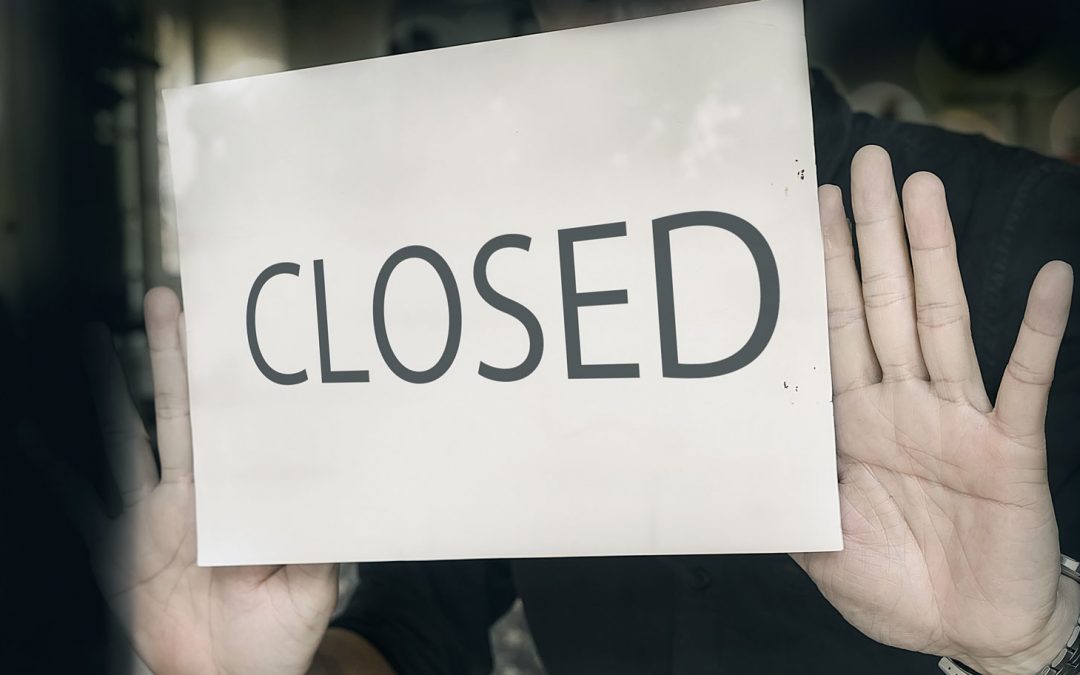In a new report looking ahead to the restaurant industry as COVID-19 continues to gain steam, stock analysis and financial services firm BTIG has some logical conclusions about where the industry might go from here. Above all, the crisis could be especially bad news for independent restaurants who don’t have the liquidity or scale of chain operators.
As the economic impact of the coronavirus spreads across the U.S., “we expect many temporary closures will become permanent and independents will cede share to chain operators,” wrote Peter Saleh.
He noted a recent survey from the National Restaurant Association showing the effects on restaurant operators. About 44 percent of the 5,000 respondents said they had temporarily closed their doors and 54 percent moved to off-premises-only operations. Three percent of responding restaurant owners had shut down completely and 11 percent expect to close permanently within the next 30 days.
Saleh predicted pizza chains could take additional market share because they can operate effectively during mass shutdowns given their already strong delivery infrastructure.
“We expect both Domino’s and Papa John’s to accelerate their share gains from independents owing to their franchisees’ stronger financial position, greater mix of delivery and carryout sales and lower digital ordering costs versus third-party platforms,” wrote Saleh, who has issued “buy” ratings on both companies.
That would be an acceleration of trends already spotted in the industry where mom-and-pop pizza is being gradually overtaken by growth-minded pizza chains.
The next key effect may be a return to value shopping. With the news that 6.6 million people already have applied for unemployment benefits, more than double the 3 million in the prior numbers (which were nearly triple the historic one-week record), it’s very likely that COVID-19 will push the U.S. into a recession. That will make things even more competitive for brands that have only recently started moving away form deep-value battles. That race to the bottom further benefits large chains that can give up some margin for volume, whereas independent restaurants or small chains will have a more difficult time.
The federal government’s CARES Act may further benefit larger, more sophisticated operators.
“We believe much of the government aide earmarked for small business could be accessed by franchisees, which typically employ less than 500 employees (per statute) and are more creditworthy than independent operators,” wrote Saleh. “This dynamic coupled with royalty relief, advertising contribution and rent abatements could considerably strengthen franchisees financial position during this period of economic turbulence.”
Saleh estimated that Papa John’s franchisees will be eligible to borrow between $45,000 and $50,000 per location. Coupled with those relief efforts from the franchisor and ongoing operations, they could use that money to accelerate hiring and potentially take advantage of lower construction costs after the crisis dials down.
For independents, which skew toward full-service and dine-in business, this may be a death knell. That would be a dire shock for the delivery world, popular and trendy independent restaurants are part of what drives the appeal of third-party delivery, catering and all manner of platform commerce.


